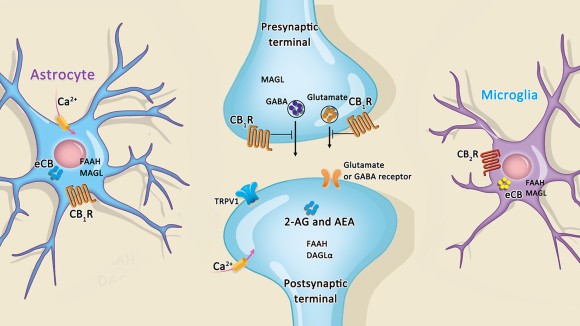Prof. Jie WU (St. Joseph’s Hospital and Medical Center, Barrow Neurological Institute, Phoenix, AZ 85013, USA)
Dr. Jie Wu joined Barrow in 1998 as a principal investigator and director of Epilepsy Research. Since 2000 he has overseen several research projects on neuronal nicotinic acetylcholine receptors (nAChR) in areas of physiology, pharmacology, and pathophysiology, covering both heterologously expressed and natural nAChRs. Dr. Wu also investigates the epileptogenesis of human gelastic seizures using surgically resected human hypothalamic hamartoma tissue from patients with gelastic seizures, and he plays a leader role in the study of the epileptogenic mechanisms underlying human hypothalamic hamartomas. He makes significant contributions to the study of nAChRs with his profesional experience as an electrophysiologist.

